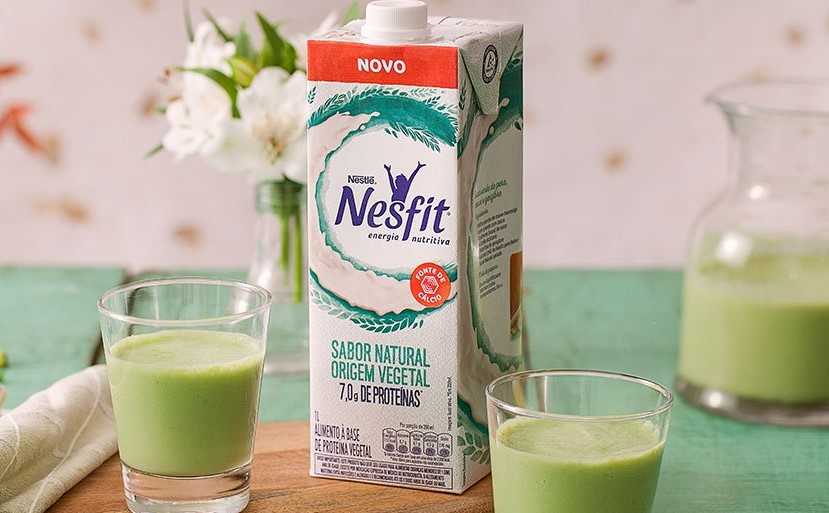MILAN – Nestlé is developing a wide range of plant-based dairy alternatives that have a favorable environmental footprint. The plant-based and lactose-free products are suitable for consumers with lactose intolerance or those following a dairy-free or vegan diet.
Nestlé currently offers a variety of products made from rice, oat, soy, coconut and almonds. Examples include non-dairy Häagen Dazs ice cream, Natural bliss coffee creamers in the US, Nesfit rice- and oat-based drinks in Brazil, a new vegan-friendly Milo in Australia and plant-based Nescafé cappuccinos and lattes in Europe and Oceania.
Nestlé will also launch Starbucks non-dairy creamers in the US in August, a vegan Carnation condensed milk alternative in the UK in September, as well as a range of non-dairy cheese to complement its existing plant-based burgers.
The development of plant-based dairy alternatives takes place at a number of Nestlé’s R&D centers including in Konolfingen, Switzerland. Using a combination of proprietary technologies such as plant-protein extraction, fermentation and thermal treatment, dairy and protein experts create dairy alternatives with a creamy mouthfeel, superior nutritional profile and pleasant flavor.
Plant-based products made from pea protein is a key focus area for Nestlé. Ninho Forti+, an oat- and pea-based beverage in a ready-to-drink carton with a paper straw was the first to launch in Brazil end of 2019. In January 2020, Nesquik GoodNes was launched nationwide in the United States. It is an oat- and pea-based beverage with the distinct Nesquik chocolate flavor and 40% less sugar compared to similar products in the category.
The company recently launched its first fully pea-based beverage under its Nesfit brand in Brazil. “Peas are one of the most environmentally friendly sources of plant-based protein, but when used alone, it can be challenging to turn them into a great-tasting beverage,” says Swen Rabe, Head of Nestlé’s R&D Center in Konolfingen. “By using our proprietary technologies, as well as our expertise in creating shelf-stable dairy products, we were able to develop a delicious pea-based beverage with a reduced sugar content when compared to similar products in the market.”
Made from yellow peas, a 200 ml glass of Nesfit Sabor Natural contains as much protein (7g) and calcium as cow’s milk and is fortified with vitamins A and D.
Globally, Nestlé has around 300 R&D scientists, engineers and product developers located in eight R&D Centers that are dedicated to the research and development of plant-based products. This represents almost 10% of all R&D employees. To complement its internal capabilities, the company also strategically collaborates with researchers, suppliers, start-ups and various other innovation partners


















